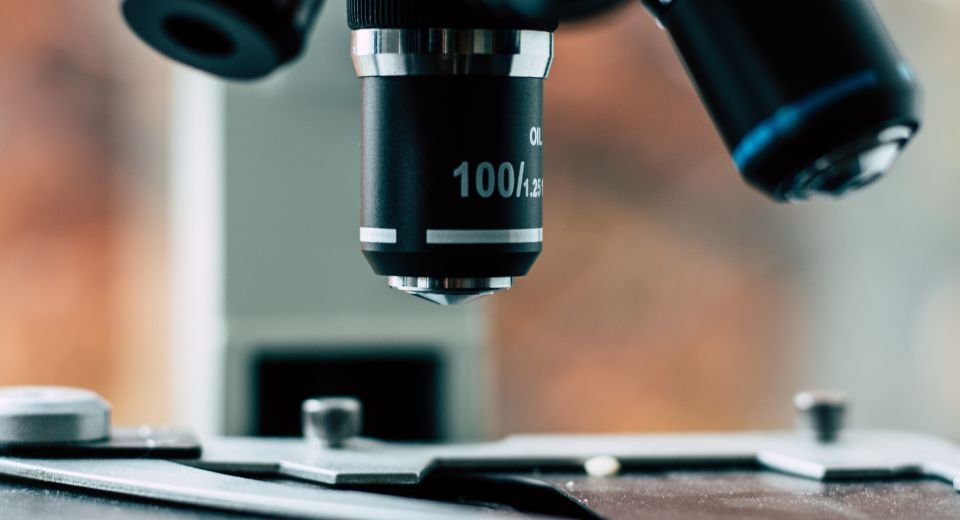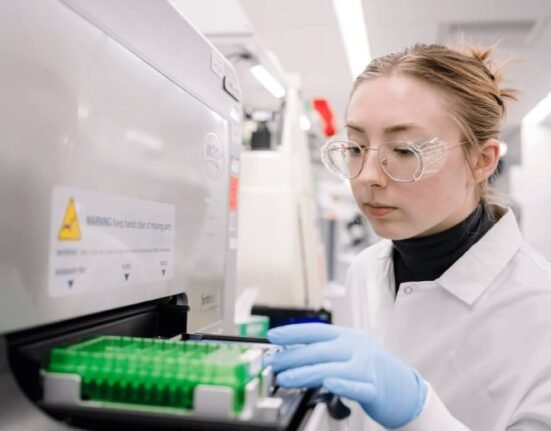HQ Team
December 19, 2022: The U.S. Food and Drug Administration has approved Adstiladrin (nadofaragene firadenovec-vncg), a non-replicating adenoviral vector-based gene therapy for the treatment of high-risk Bacillus Calmette-Guérin (BCG)-unresponsive non-muscle-invasive bladder cancer (NMIBC).
In bladder cancer, the 10th most common cancer worldwide, malignant (cancer) cells form a tumour in the tissues of the bladder. Over time, the abnormal cells can also metastasize (spread) through the body. Most newly diagnosed bladder cancers (75% to 80%) are classified as NMIBC – a type of cancer that has grown through the lining of the bladder but hasn’t yet invaded the muscle layer. This type of cancer is associated with high recurrence rates (between 30 to 80%) and the risk of invasive and metastatic cancer progression.
“This approval provides healthcare professionals with an innovative treatment option for patients with high-risk non-muscle invasive bladder cancer that is unresponsive to BCG therapy,” said Peter Marks, M.D., PhD, director of the FDA’s Center for Biologics Evaluation and Research. “Today’s action addresses an area of critical need. The FDA remains committed to facilitating the development and approval of safe and effective cancer treatments.”
Treatment and care of patients with high-risk NMIBC often involve removing the tumour and the use of BCG to reduce the risk that cancer will recur. Few effective treatment options exist for patients who develop BCG-unresponsive disease. Without treatment, cancer can invade, damage tissues and organs, and spread through the body.
The safety and effectiveness of Adstiladrin were evaluated in a multicenter clinical study that included 157 patients with high-risk BCG-unresponsive NMIBC, 98 of whom had BCG-unresponsive CIS. Patients received Adstiladrin once every three months for up to 12 months or until unacceptable toxicity to therapy or recurrent high-grade NMIBC. Overall, 51% of enrolled patients using Adstiladrin therapy achieved a complete response. The median duration of response was 9.7 months. Forty-six percent of responding patients remained in complete response for at least one year.
“Patients with BCG-unresponsive NMIBC have historically had limited treatment options other than bladder removal surgery,” said Steven A. Boorjian, M.D., Carl Rosen Professor and Chair of the Department of Urology at Mayo Clinic, and lead investigator in the clinical trial of Adstiladrin. “The approval of Adstiladrin is, therefore, a significant advance in the current treatment landscape and provides a novel treatment option for patients.”
This application was granted Priority Review, Breakthrough Therapy, and Fast Track designations. The FDA granted approval of Adstiladrin to Ferring Pharmaceuticals A/S.
Ferring expects that Adstiladrin will be commercially available in the United States in the second half of 2023,
According to the Centers for Disease Control and Prevention, about 57,000 men and 18,000 women are diagnosed with bladder cancer annually, and roughly 12,000 men and 4,700 women die from the disease each year in the United States.
Worldwide, an estimated 573,278 people were diagnosed with bladder cancer in 2020. Bladder cancer mostly affects older people. About 90% of people with bladder cancer are older than 55. The average age people are diagnosed with bladder cancer is 73.








